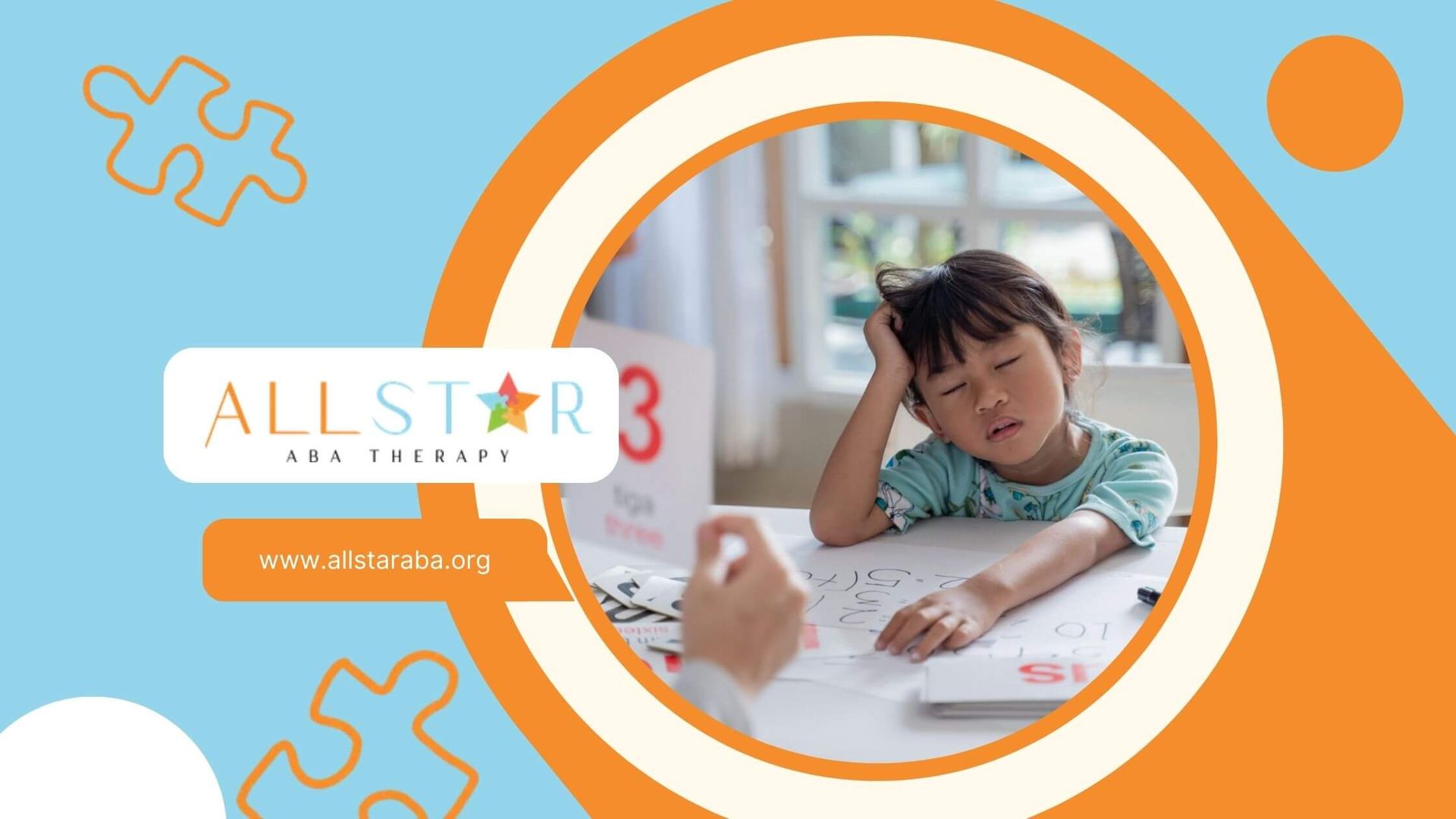New Paragraph
The Hidden Impact of Yelling on Autistic Children
Yelling at any child can be harmful — but for a child with autism, the effects can be even more intense. Autistic children often process sounds, emotions, and stress differently, so a raised voice may feel overwhelming or even frightening.
The result? Increased anxiety, shutdowns, or meltdowns that make communication harder instead of easier.
Why Yelling Can Backfire
1. Sensory Overload
Many autistic children have heightened sensitivity to noise. Yelling can instantly overwhelm their nervous system.
2. Emotional Distress
A raised voice can trigger fear or feelings of rejection, making it harder for them to trust or feel safe.
3. Shutdown or Meltdown
Instead of “correcting behavior,” yelling may cause withdrawal, crying, or intense emotional reactions.
4. Communication Breakdown
Once stress levels spike, it’s harder for a child to process words — meaning your message gets lost.
A Better Approach
- Use a calm, steady tone.
- Give clear, short instructions.
- Offer reassurance before correction.
- Practice patience — progress takes time.
Remember: It’s not about “letting things slide.” It’s about using strategies that actually work for autistic children.
At All Star ABA, we help children with autism build skills and confidence through supportive, evidence-based care.
We offer in-home, center-based, and school-based ABA therapy, as well as ABA parent training, serving families across Maryland and Virginia.
Contact us today to learn how we can support your child’s growth and help your family thrive.
FAQs
1. Can yelling cause long-term harm?
Yes, repeated yelling can increase anxiety and impact self-esteem over time.
2. What if I yell by accident?
Apologize, explain calmly, and offer reassurance to rebuild trust.
3. How can I discipline without yelling?
Use visual cues, calm repetition, and consistent routines instead of raising your voice.
Need Support?
We're Here to Help!
Our experienced team is ready to assist you. Reach out today to discuss how we can support your child's development and well-being.
Get started with expert ABA therapy today.








